GOP Voters Want 'The Wall'; GOP Congress Doesn't
The Republican-led Congress has produced yet another big spending bill that fails to fund President Trump's border wall even though a sizable majority of GOP voters supports the project.

The Republican-led Congress has produced yet another big spending bill that fails to fund President Trump's border wall even though a sizable majority of GOP voters supports the project.

With a new spending bill heading through Congress once again to keep the government operating, most voters don’t see significant government spending cuts coming anytime soon, even though they think those cuts are good for the economy.

It’s a rallying cry for President Trump: “Make America Great Again.” But nearly two years into Trump's presidency, almost half of U.S. voters think more needs to be done.
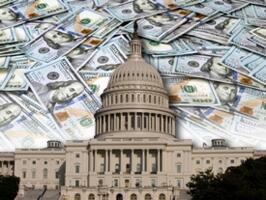
Congress is set to pass a spending bill this week to avoid another partial government shutdown, but most voters think any new spending should be offset by cuts in other areas of the budget.

Senate Majority Leader Mitch McConnell insists the U.S. Senate will vote on Supreme Court nominee Brett Kavanaugh, and most voters still support that decision. There’s also only slightly less urgency in their minds about getting the job done.

Several high profile actors, politicians and journalists have been accused of sexual wrongdoing in the wake of the #MeToo movement. But most voters think these public figures aren’t getting a fair shake by the media.

Judge Brett Kavanaugh’s Supreme Court confirmation has been top news for weeks, but voters don’t think the media is trying to do him any favors.

Voters are closely divided over whether U.S. Supreme Court nominee Brett Kavanaugh attempted to sexually assault a girl when he was in high school, although many are still withholding judgment. But confidence that Kavanaugh will ultimately be confirmed by the Senate is down.
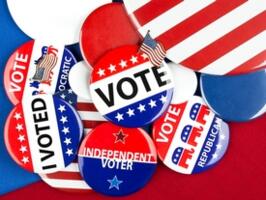
Most voters still think that they personally know the issues when they go to vote but question whether others do.

As campaigning for November’s midterm elections ramps up, voters are split over the level of racial discussions on the campaign trail but think those issues only come up in the first place to get votes.

In light of recent weather disasters like Hurricane Florence in the Carolinas, the Trump administration may begin using a program which sends out text alerts to all Americans in the event of an emergency, though not without pushback. Voters are generally on board with the idea, but now have a slightly less favorable opinion of the agency behind the alerts.
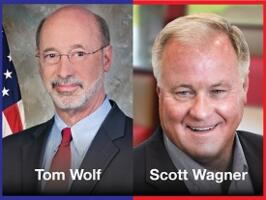
Democratic incumbent Tom Wolf is sitting comfortably in his bid for reelection in Pennsylvania’s gubernatorial race.
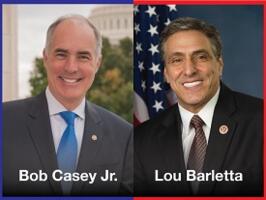
Incumbent Democrat Bob Casey Jr. appears comfortably on his way to reelection in Pennsylvania’s U.S. Senate race.

Voters view so-called political correctness as a problem and see it as a wedge used to silence opposition. President Obama was politically correct, they say; President Trump is not.

Voters are much more likely these days to believe that global warming is causing more extreme weather events in the United States. But they still aren’t willing to pay more in taxes to fight against it.
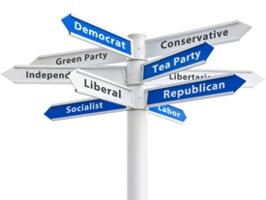
When it comes to political labels, moderate and conservative are best for candidates, socialist the worst.

Voters in both major parties are equally enthusiastic - and determined - about casting their ballots this fall.
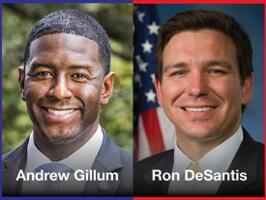
Democrat Andrew Gillum holds a six-point lead over Republican Ron DeSantis in the race to be Florida’s next governor.
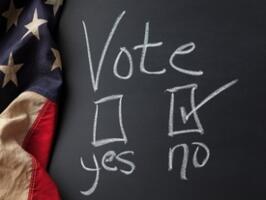
Most voters say they plan on voting for someone other than the incumbent in the upcoming election and, if given the option, would send everyone in Congress packing.
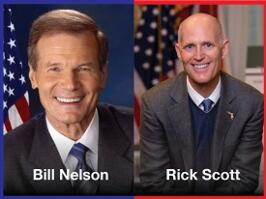
Incumbent Democrat Bill Nelson and retiring Republican Governor Rick Scott are in a virtual tie in the hotly contested U.S. Senate race in Florida.